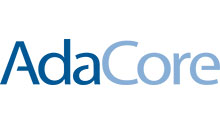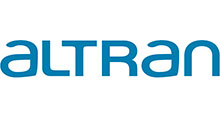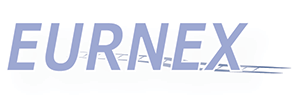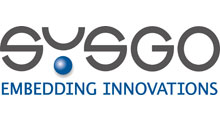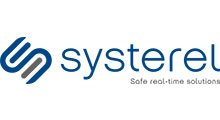Papers
Please note that the Call for Papers has now closed.
The railway industry faces increasing pressure to:
- improve system safety
- decrease production costs and time to market
- reduce carbon emissions and running costs
- increase the capacity of the railway
Railway systems are now being integrated into larger multi-transport networks. Such systems require an even higher degree of automation at all levels of operation. These trends dramatically increase the complexity of railway applications and pose new challenges in developing novel methods of modelling, analysis, verification and validation to ensure their reliability, safety and security, as well as in supporting novel mechanisms and procedures to help make the case that development processes meet the mandated standards.
The RSSRail 2019 conference will build on the success of RSSRail 2016 (June 28-30, 2016, Paris, France) and RSSRail 2017 (November 14-16, 2017, Pistoia, Italy), and will contribute to a range of key objectives.
There is a pressing demand to bring together researchers and developers working on railway system reliability, security and safety to discuss how all of these requirements can be met in an integrated way. It is also vital to ensure that advances in research (in both academia and industry) are driven by the real industrial needs. This will help ensure that such advances are followed by effective industrial deployment.
Another particularly important objective is to integrate advances in research into the current development processes, and make them usable and scalable. Finally, a key goal is to develop advanced methods and tools that can ensure that the systems meet the requirements imposed by the regulatory standards and help in building the supportive arguments.
Development of the complex railway systems of the future requires integrated environments and methods that support different abstraction levels and different views, including:
- systems architecture
- safety analysis
- security analysis
- verification tools and methods
The conference aims to bring together researchers and engineers interested in building critical railway applications and systems. This will be a working conference in which research challenges and progress will be discussed and evaluated by both researchers and engineers, focusing on their potential to be deployed in industrial settings.
Topics
Topics of particular interest include:
- safety in development processes and safety management
- combined approaches to safety and security
- system and software safety analysis
- formal modelling and verification techniques
- system reliability
- validation according to the standards
- safety and security argumentation
- fault and intrusion modelling and analysis
- evaluation of system capacity, energy consumption, cost and their interplay
- tool and model integration, toolchains
- domain-specific languages and modelling frameworks
- model reuse for reliability, safety and security
- modelling for maintenance strategy engineering.
Railways System and Infrastructure Advance Modelling
As part of the conference we are planning to organise a dedicated session on Railways System and Infrastructure Advance Modelling.
This session will be run in a close coordination with Railenium and focus on the topics related to:
- component-based railway infrastructure modelling
- model-based railway infrastructure modelling
- exchange formats for railway infrastructures
- ontologies of railway systems
- model-based railway systems modelling
The conference proceedings will be published by Springer in the LNCS series.
Submissions
We can accept three types of submission:
- Research papers – not more than 16 pages in length
- Industrial experience reports – not more than 10 pages in length
- PhD student papers – not more than 10 pages in length.
To submit your paper go to the conference submission site.
Submissions must be formatted in the Springer LNCS format.
Important dates
5 January 2019 – abstract submissionExtended: 12 January 2019 – abstract submission11 January 2019 – full paper submission deadlineExtended: 18 January 2019 – full paper submission deadline- 20 February 2019 – notification
- 20 March 2019 – camera-ready papers submitted
